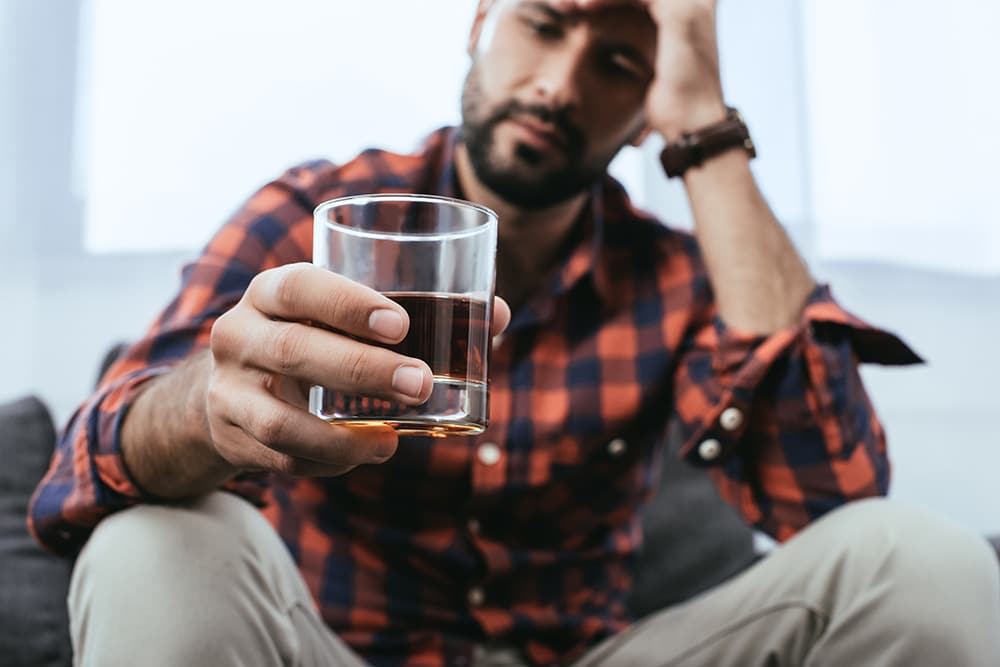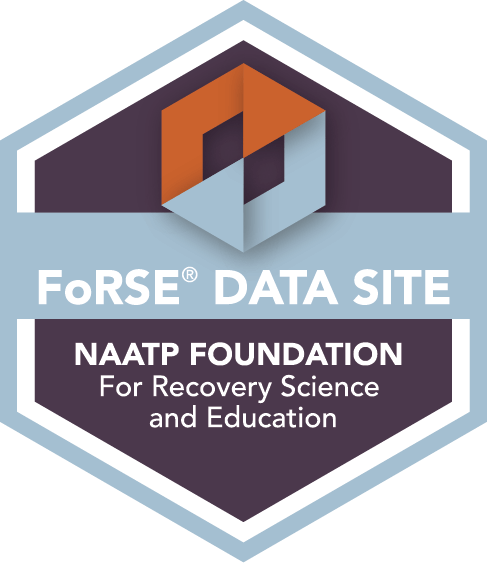 Some of alcohol’s seemingly upbeat effects leave many consumers to wonder, is alcohol a stimulant? The fact is, alcohol can act as a stimulant with its induced feelings of euphoria. But, is alcohol a stimulant? Or is it actually a depressant? Contrary to what many falsely believe, alcohol is a depressant that suppresses the central nervous system. Its potent inhibiting factors impair cognitive function, discretion, and even the digestive process.
Some of alcohol’s seemingly upbeat effects leave many consumers to wonder, is alcohol a stimulant? The fact is, alcohol can act as a stimulant with its induced feelings of euphoria. But, is alcohol a stimulant? Or is it actually a depressant? Contrary to what many falsely believe, alcohol is a depressant that suppresses the central nervous system. Its potent inhibiting factors impair cognitive function, discretion, and even the digestive process.
Alcohol being a depressant may come as a surprise to many considering the energizing effects alcohol is known to induce. The primary culprit of this mirage is the dopamine rush that alcohol triggers in your system. If you struggle with alcohol addiction, even the mere thought of alcohol can trigger this dopamine release. Your body’s physical response, however, is quite the opposite.
Contrary to popular belief, the addictive properties of alcohol rival that of other hard drug stimulants and depressants. Understanding the causes, effects, and triggers of the depressive properties of alcohol can give you and your doctor a step up in combating your struggles.
What are Stimulants?
One of the main reasons alcohol is misclassified by many to be a stimulant is the misinterpretation of what stimulants are. A stimulant is a substance that stimulates the central nervous system, creating an energetic psychoactive and bodily response. This means increased blood pressure, heart rate, and activity. The question “is alcohol a stimulant?” mainly derives from the mental fixation that can “stimulate” an energetic response. So is alcohol a stimulant? No, but it can bring on similar feelings of stimulation.
Which Substances are Examples of Stimulants?
Stimulants are commonly referred to as uppers. The discrepancy between stimulants and depressants is very self-explanatory. But examples help put a face to a name. These examples of stimulants alone answer the question of “Is alcohol a stimulant?” with the contrary effects presented. Here are just a few examples of stimulants and their effects.
Cocaine
The euphoric sensations and increase in blood pressure and heart rate make cocaine one of the out there. Couple high heart rate with constricted blood vessels and you can see why this stimulant inflicts long-term health consequences. If you or someone you love shows symptoms of cocaine abuse.
Methamphetamines
All forms of methamphetamines fall under the stimulant criteria. A sure indicator that someone is abusing methamphetamines is the weight loss associated with its symptom of lack of appetite. Overuse of this stimulant is linked to potentially fatal long-term health effects, especially in the cardiovascular system. Methamphetamines appear in a pill, powder, or rock form.
Nicotine
The same people who ask the question “is alcohol a stimulant” may be the same people asking the question “is nicotine a depressant.” This is the counterpart to alcohol in the sense that many believe this to be a depressant due to its use for “calming” sensations. Nicotine is an upper and often overlooked drug that is the source of almost 500,000 deaths per year. The fact that it is so widely consumed and ingested doesn’t make it any less dangerous. Addiction to nicotine requires much of the same attention and recovery processes as many hard drugs in regards to detox.
What are Depressants?
Depressants, or ‘downers, have the opposite effect as stimulants on your central nervous system as they suppress neuronic activity. In addition to neuronic imbalances, it also decreases blood pressure and heart rate. Alcohol’s seemingly “stimulating” sensations come from the over suppression of neuronic activity in the body. It’s important to know that drugs are not the only addictive substance that is harmful to your body. Continual exposure to any depressant can have serious trickle-down effects on other vital functions.
What are Some Examples of Depressants?
Depressants can leave you in a euphoric state that may feel similar to stimulants. Thus the reason it leaves the question of whether is alcohol a stimulant or not. These depressants and their details will lay all your questions.
Benzodiazepine
Benzos are a downer that is perhaps the most dangerous and difficult drug addiction to absolve. This is mainly due to the fact that many benzodiazepines are easily accessible by over-the-counter means. This popular drug among substance abusers is a common chemical compound in Xanax and Valium. Benzo’s dependency requires the utmost medical attention and medication throughout the recovery process.
Heroin
Heroin is the most potent central nervous system depressant and likely the most lethal. This drug’s initial “rush” is even more harmful than its addicting properties. The quick onset of its effects can occur as early as 7 seconds or as long as 15 minutes depending on the form of ingestion. Each dose is the equivalent of flipping a coin with your life. This is mainly due to the fact that it only takes a small amount to overdose on heroin.
Alcohol
We’ve already answered the question, “Is alcohol a stimulant or a depressant?”. But what exactly makes it a depressant? For starters, the presence of alcohol in your system activated a specific neurotransmitter called GABA cells. These GABA cells send messages to your brain and central nervous system to slow their natural processes to a nearly sedative level. When it exceeds natural levels of sedation, alcohol poisoning occurs. Alcohol poisoning and other alcohol-induced health problems attribute to making.
How Do You Define Alcohol Addiction?
Alcohol addiction or alcohol use disorder can be defined as one’s inability to control or refrain from alcohol use. Furthermore, alcohol addiction can be evidently defined and identified by the presence of its withdrawal symptoms. These symptoms can begin to manifest themselves within 6 hrs of your last drink. These symptoms can be either physical, mental, or both. Because of these symptoms, medically-assisted rehab may not only be recommended but necessary for your recovery. In the most severe cases of alcohol addiction, seizures can occur as early as 6 hrs without the presence of alcohol in your system.
How Does Alcohol Addiction Start?
 What makes alcohol addiction such a life-threatening dependency is that dependency can start after just one drink. Once alcohol is introduced to your system, your mind can develop a craving for its unique taste or mind-altering effects. Many even carry out their dependency through the guise of social drinking.
What makes alcohol addiction such a life-threatening dependency is that dependency can start after just one drink. Once alcohol is introduced to your system, your mind can develop a craving for its unique taste or mind-altering effects. Many even carry out their dependency through the guise of social drinking.
The progression from first drink to social drinking to full-blown addiction varies by individual. But it can often be a very fast process. Regardless of your stage of dependency, it’s never too late to get the help you need.
Thankfully Northern Illinois Recovery Center has all the loving top-notch physicians to meet your recovery needs. By contacting one of our sympathetic call center representatives, you can begin the process of healing from your addiction. Even better you can repair the damages induced by the alcoholic lifestyle between family, friends, and general life circumstances.
Northern Illinois Recovery Center is Your Escape from Alcohol Dependency
For anybody with a drinking problem, Northern Illinois Recovery Center can be your way out of your struggles. You’ll get nothing less than the best from our compassionate team of dedicated physicians. Their determination and expectation are your sobriety. You’ll see the passion and consideration you’ve always hoped for in a rehab specialist. By getting to know you, your background, and your struggle, a trained therapist will chart the right course for your sobriety. You can also take our Am I Addicted to Drugs Quiz to better understand your situation and take the first step toward recovery.
At this very moment, you are the one in control of whether or not you take that first step of the rest of your life. You can do this with the help of a trained physician. The only thing standing in the way of your recovery is the choice you make in this instant. You’ve already shown the ability to take the next step by reading this piece. Now let go and let our caring specialists show you how much happier a recovery program can be than your strongholds.





